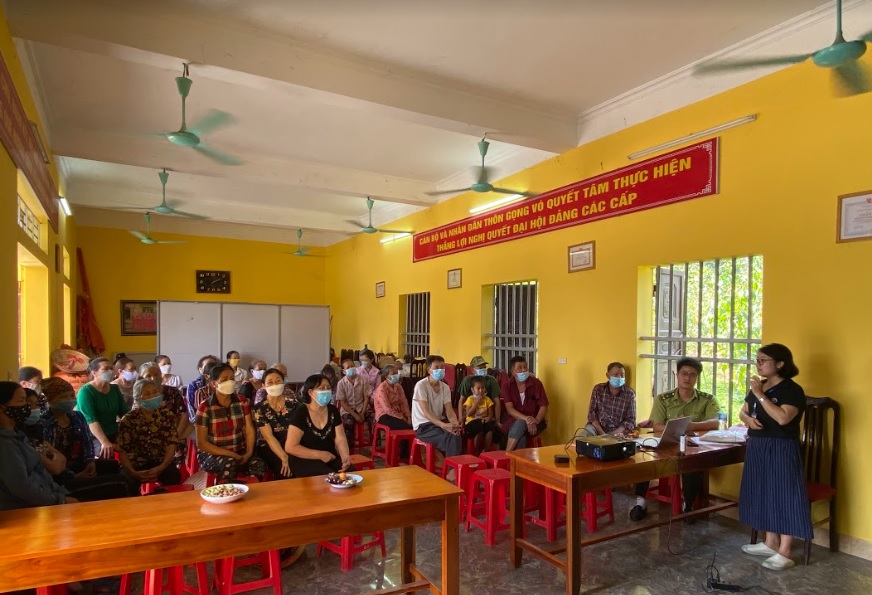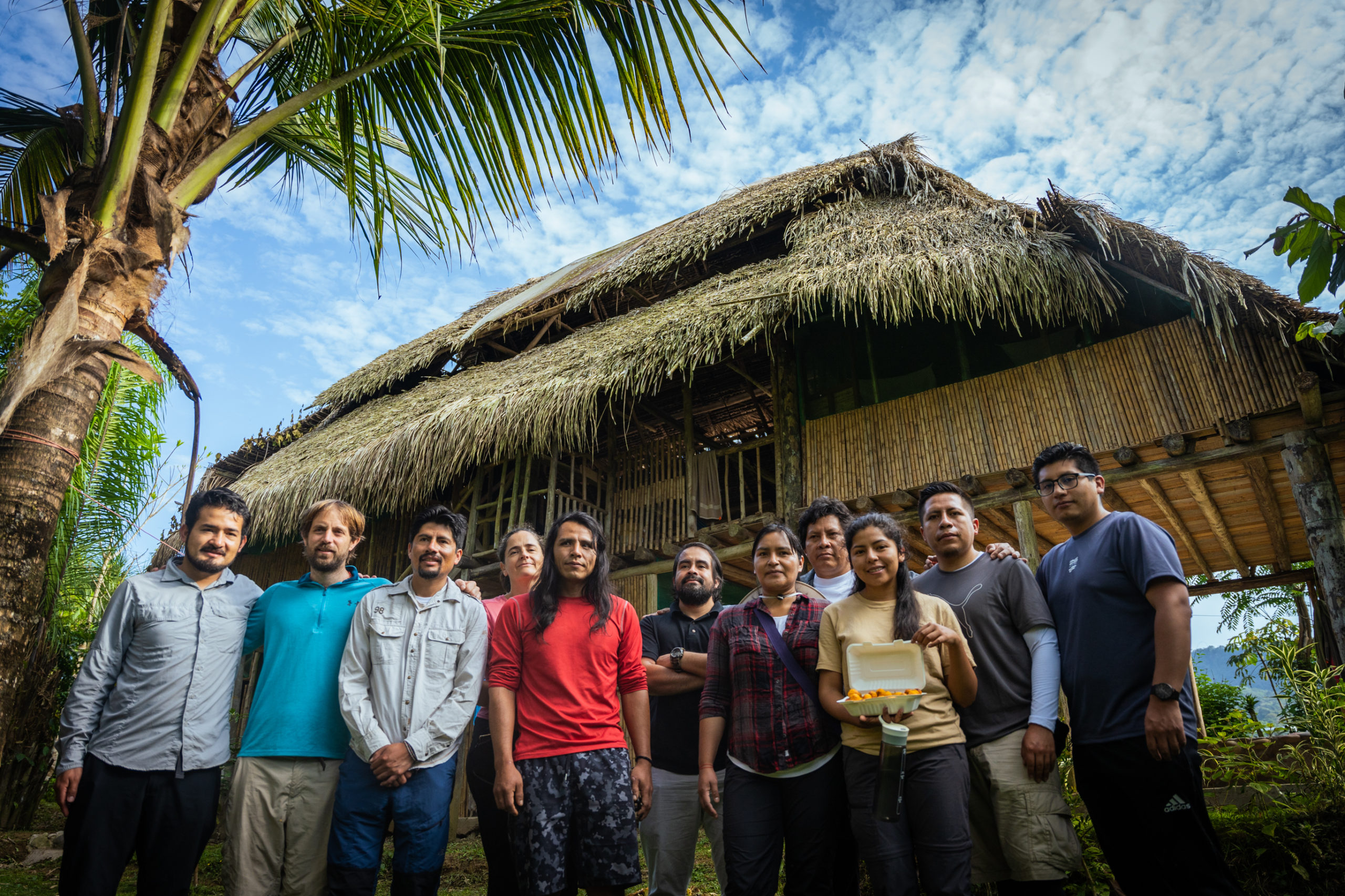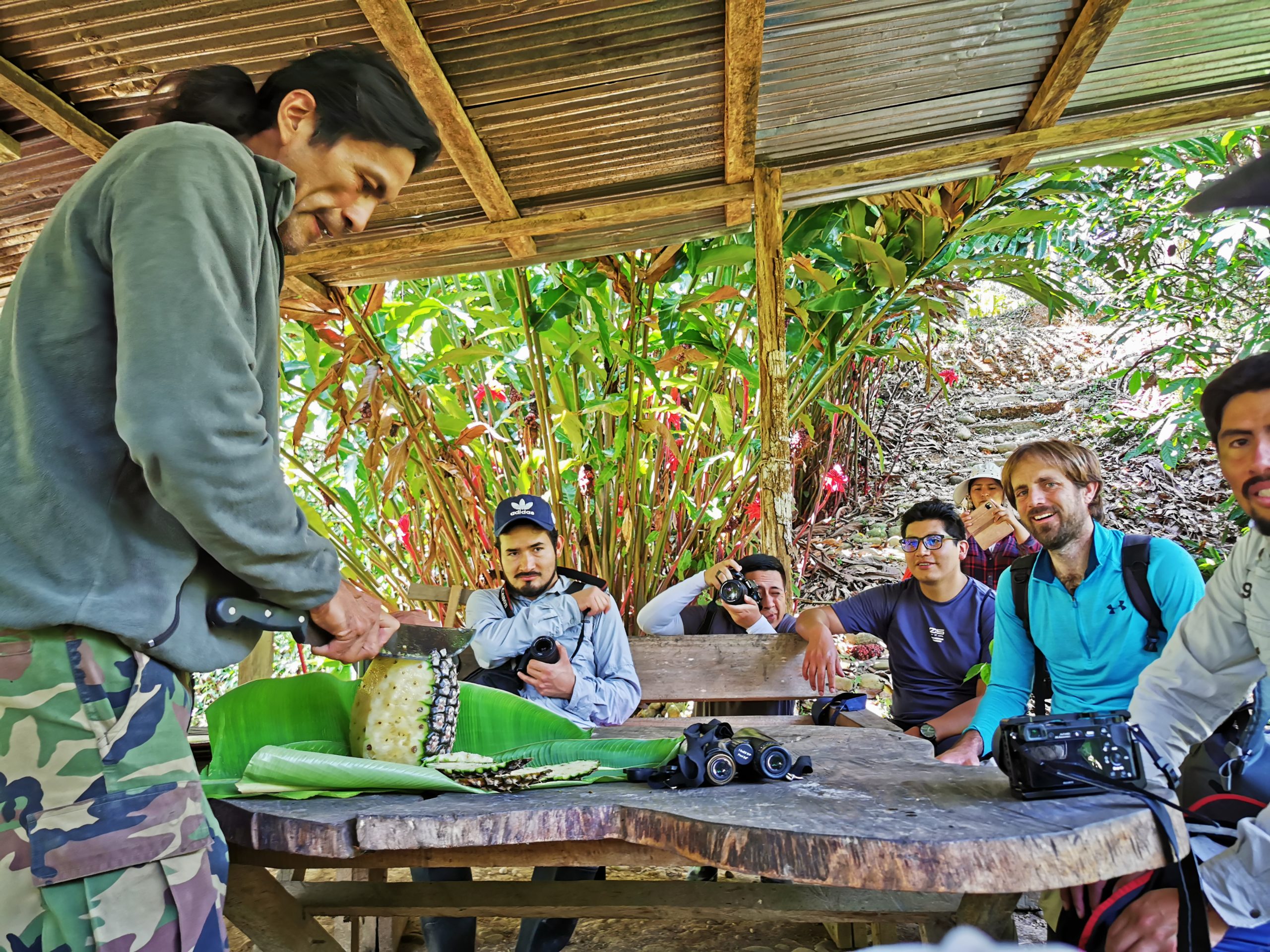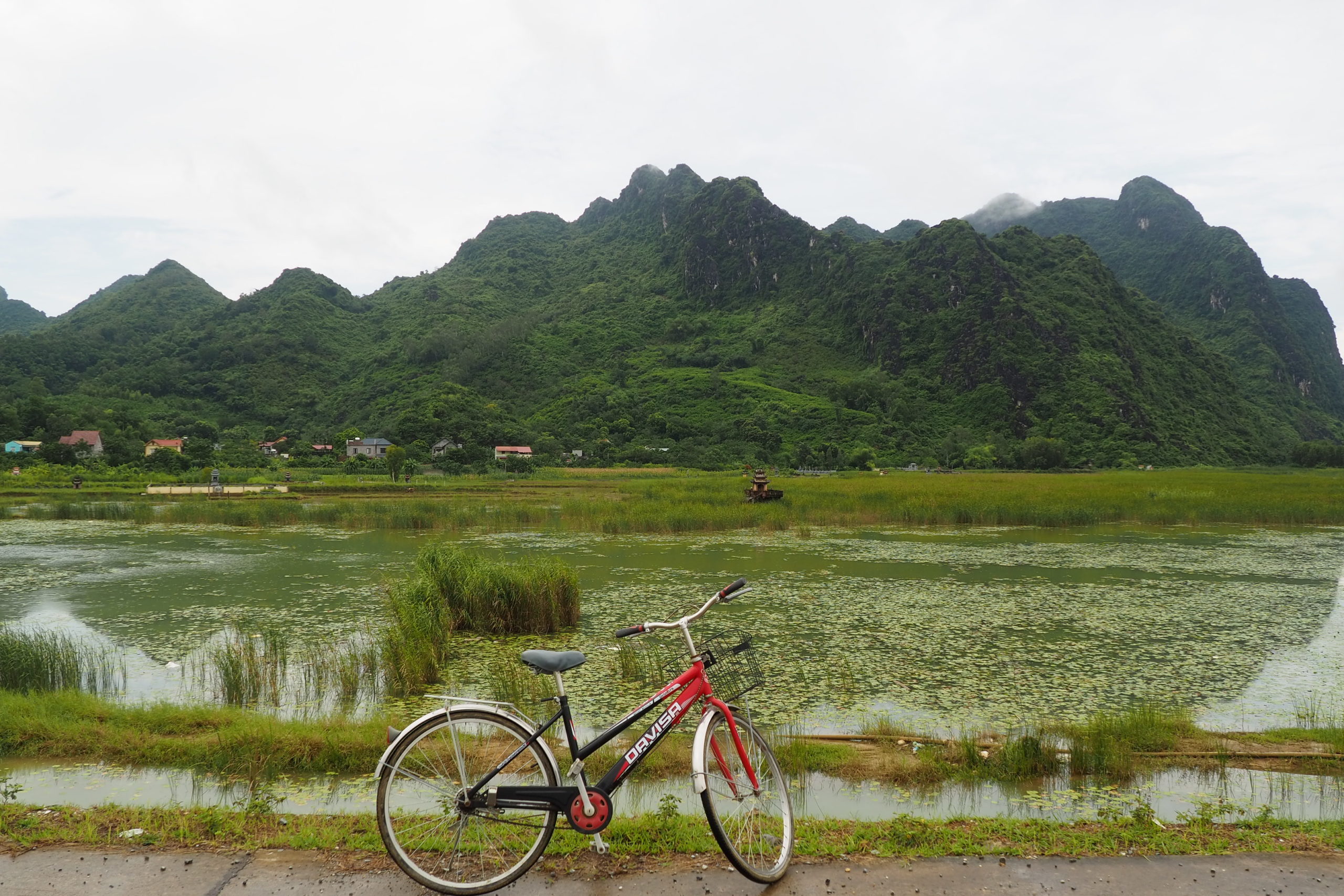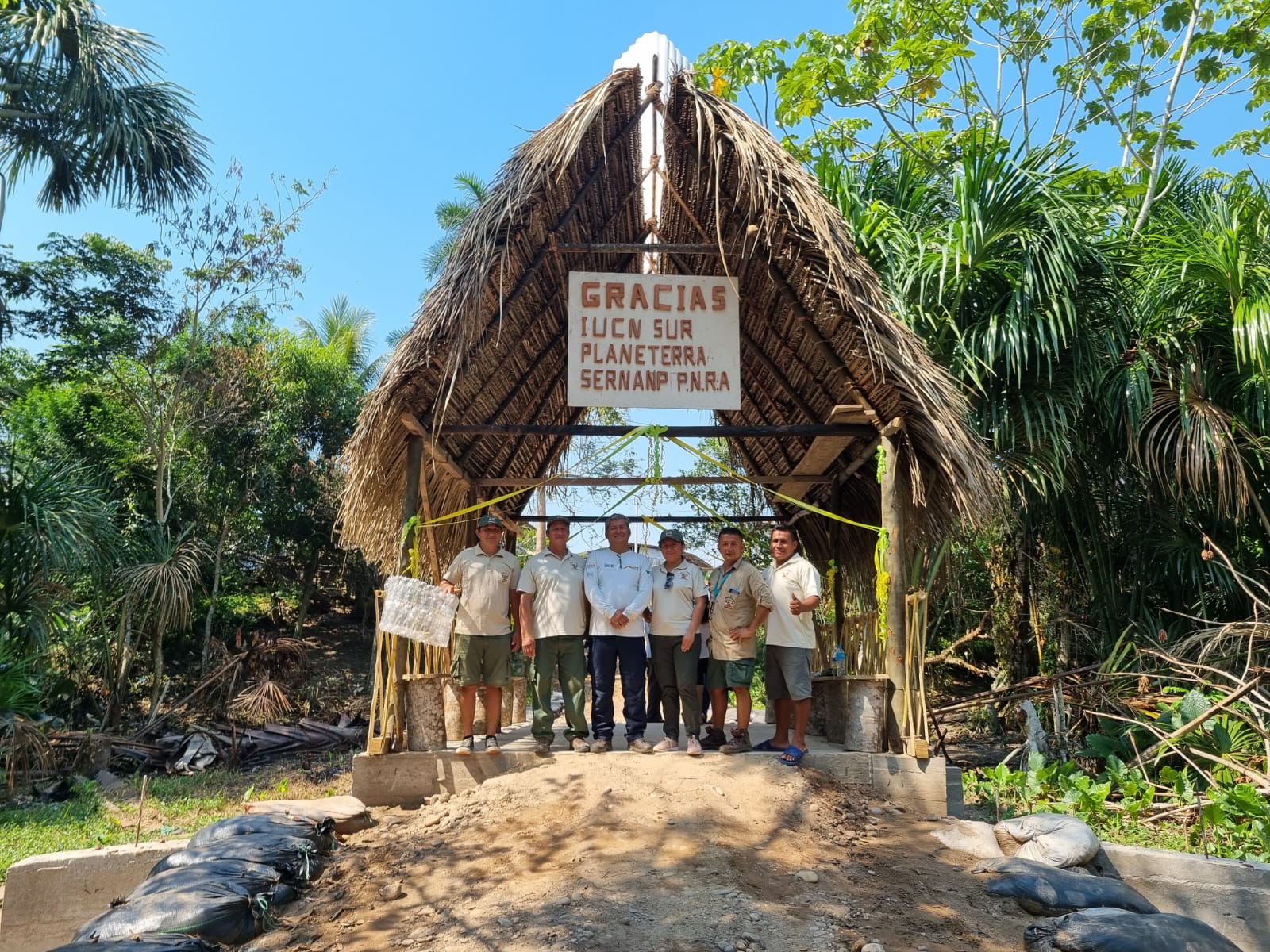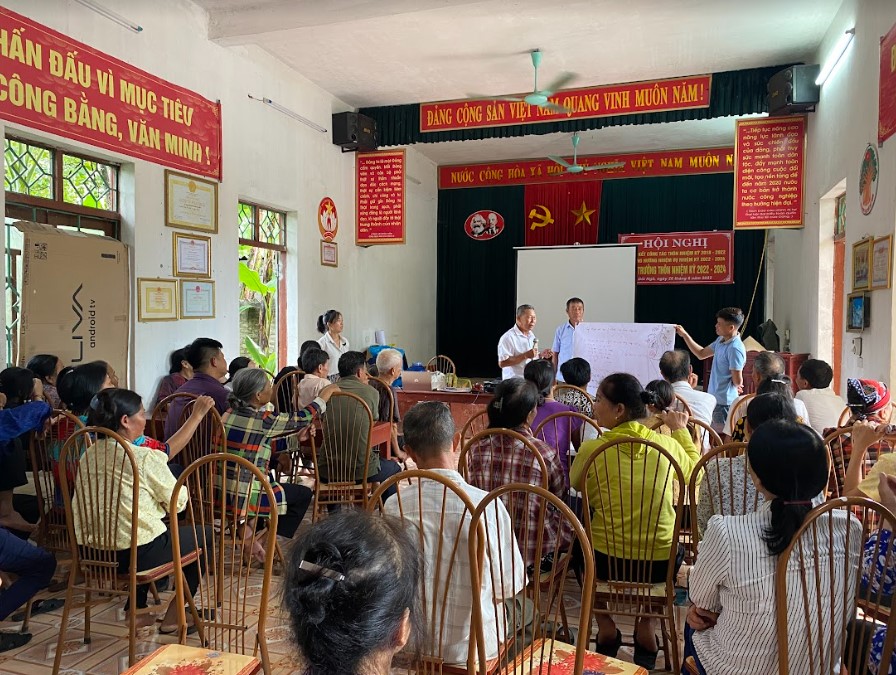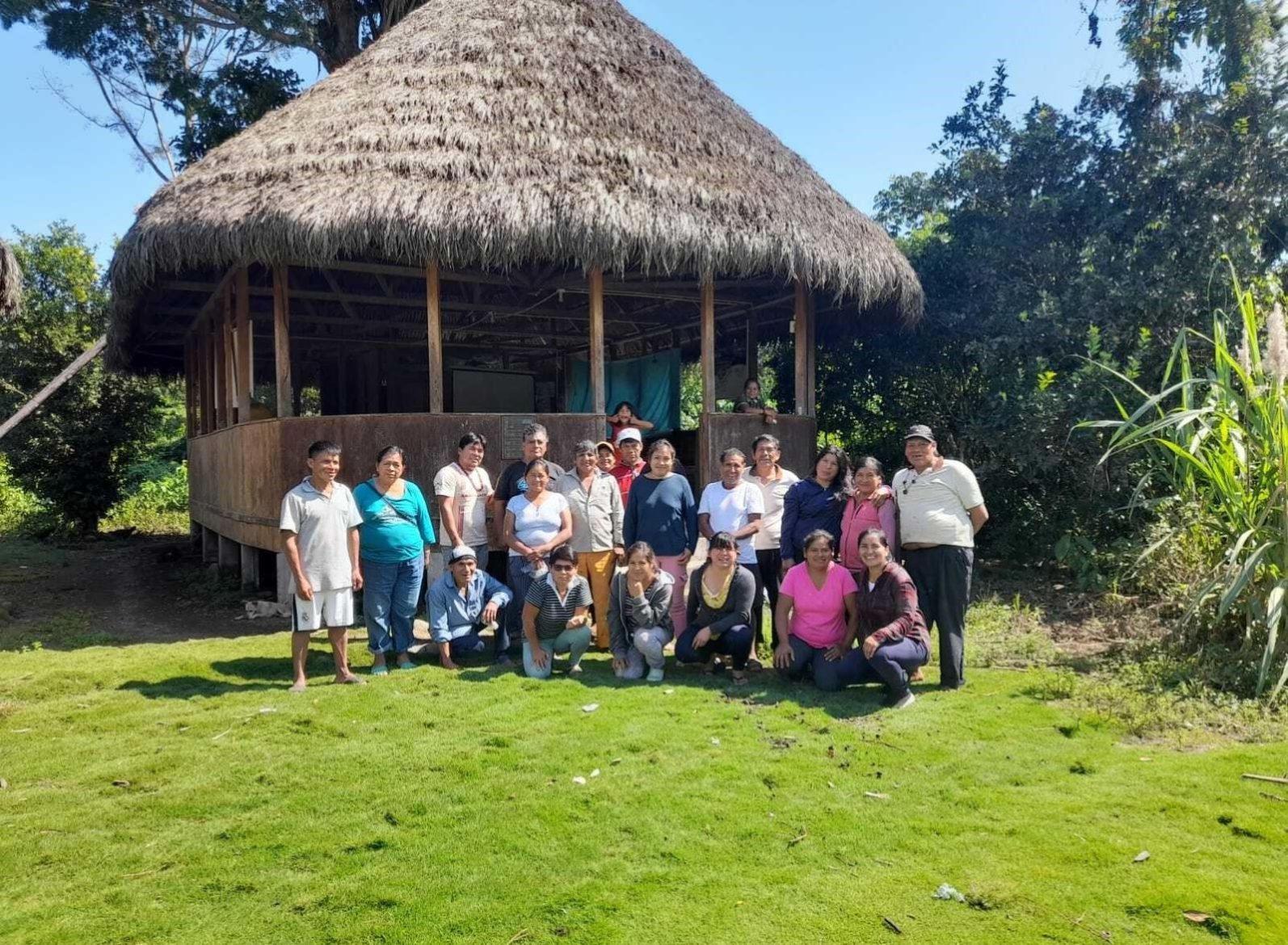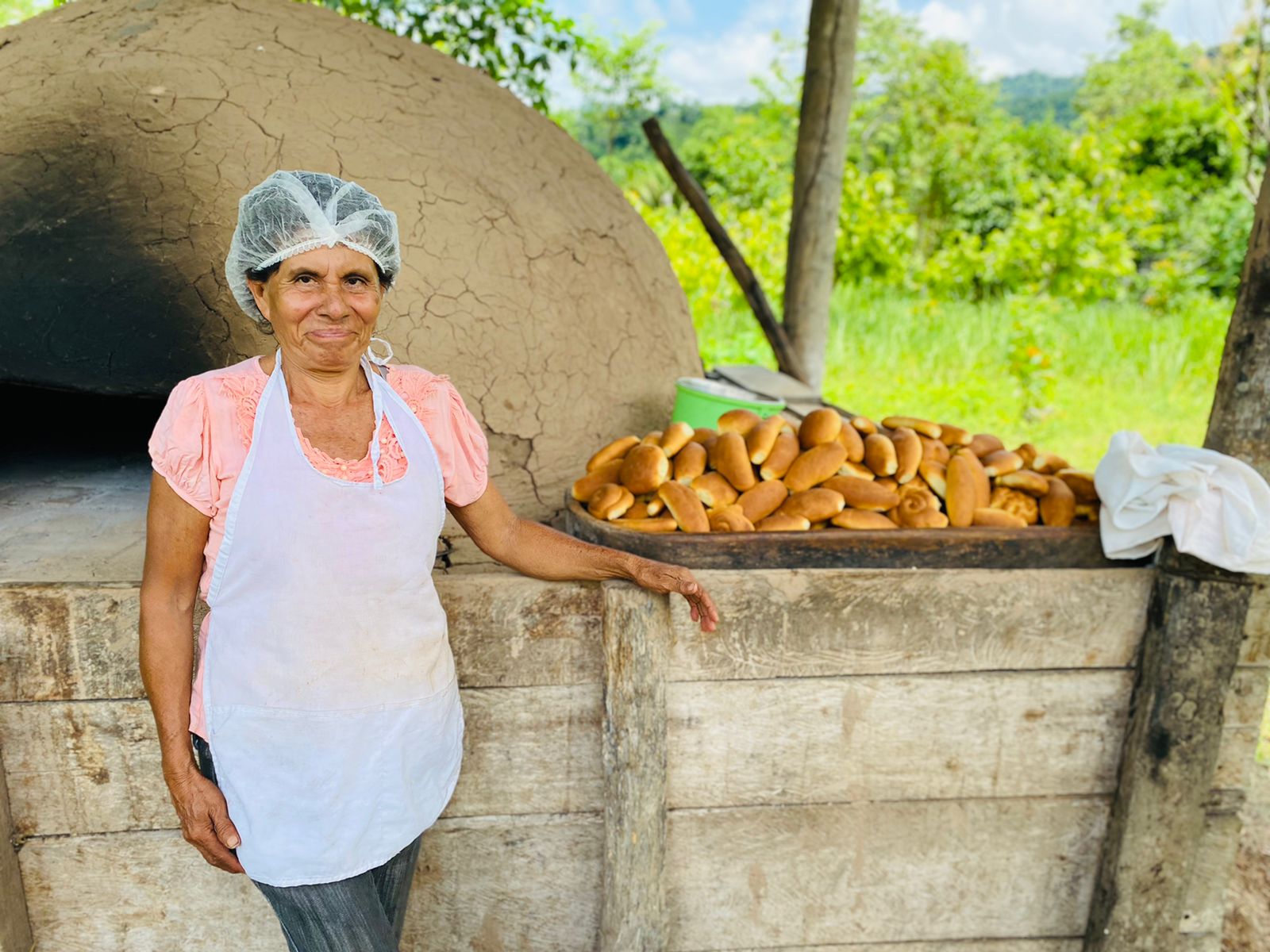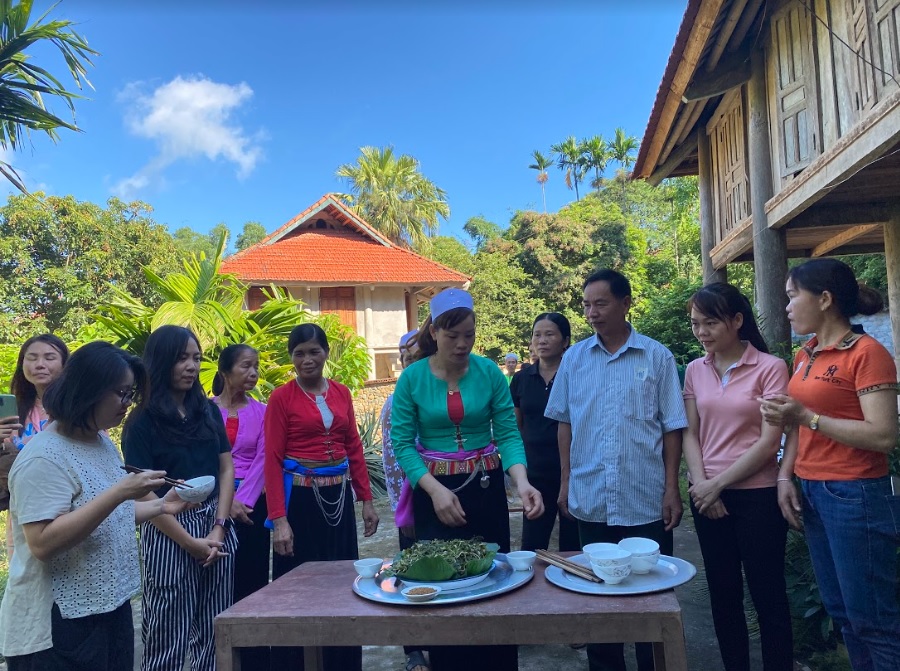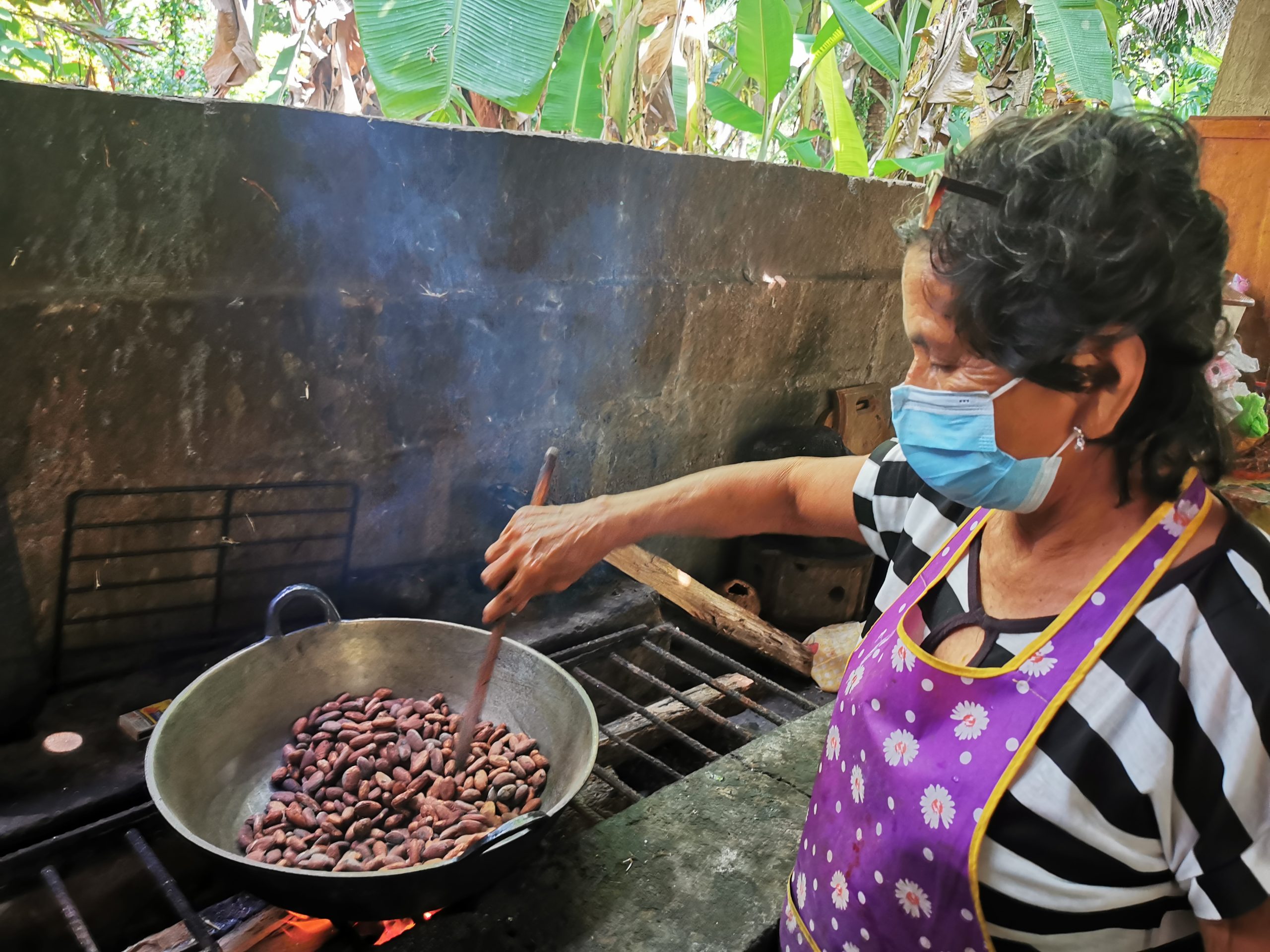Supporting Tourism Recovery with IUCN
Protected Areas play a crucial role in preserving both our health and the health of our planet. They are important in conserving biodiversity, cultural resources, and ecosystem services, such as food, clean water supply, medicines and protection from the impacts of natural disasters.
Tourism is a key economic driver to support protected areas and provides a way to foster the public’s and local communities’ connections to protected areas.
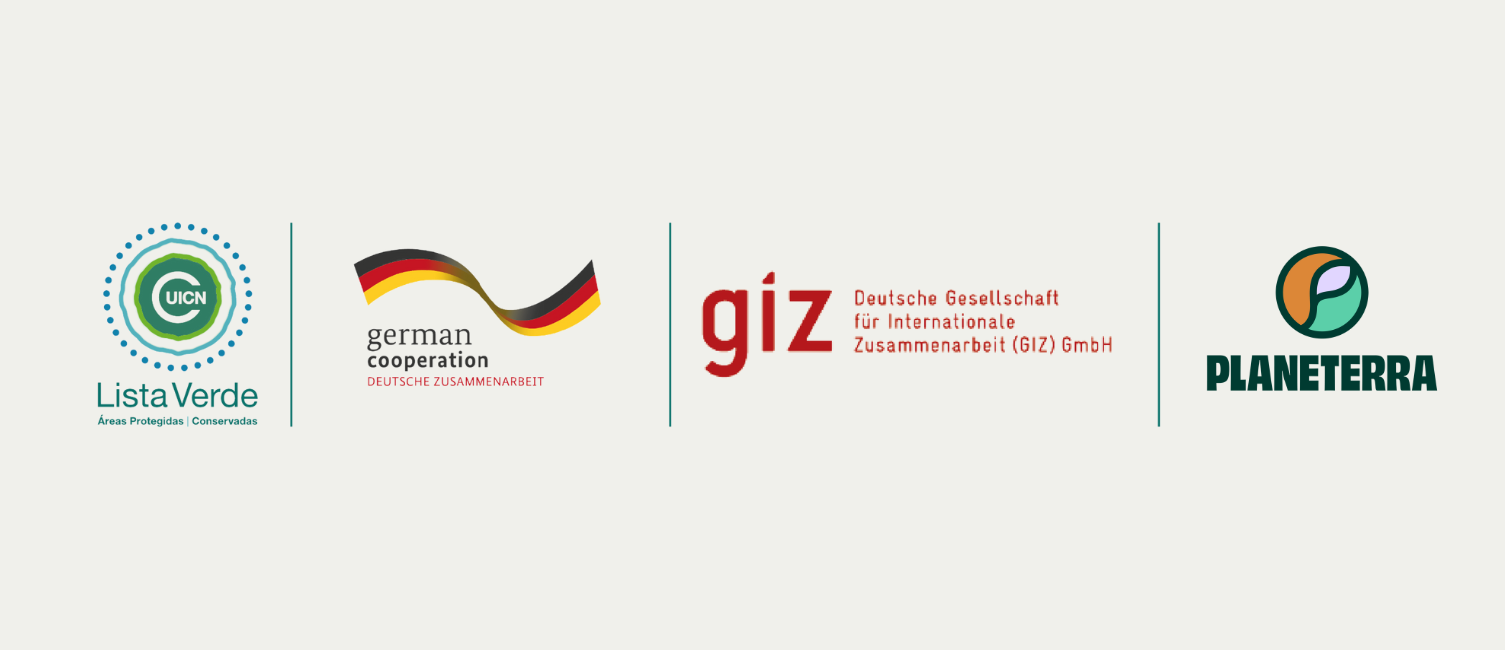
Visitor experiences can create awareness about the significance of protected areas and at the same time, be transformative for an individual’s personal growth and well-being.
However, with the emergence of the COVID-19 pandemic, the tourism sector was deeply impacted and travel limitations resulted in the closure of parks and protected areas in many countries around the world, leaving local communities without a source of sustainable income.
To bridge the gap created by the pandemic on tourism in and around priority protected areas, and kickstart economic recovery with an increased focus on community inclusion, Planeterra has partnered with the International Union for Conservation of Nature (IUCN) to deliver community tourism development, with a focus on four protected areas in Peru and Vietnam, through a project financed by Germany’s Federal Ministry for Economic Cooperation and Development (BMZ).
The ‘Sustainable Tourism and Protected Areas in a Post-COVID World’ project aims to develop a more crisis-resilient and sustainable tourism landscape and in the spirit of building back better for the people, wildlife, and ecosystems, improve the ecological and social aspects of tourism in and around protected and conserved areas.
To achieve this, Planeterra is working in each country to provide training to community members to improve their tourism businesses and increase their benefits. We are using MEET Network’s experience and methodology to inform and provide guidance and content to the project, including its actions with project sites.
Our work in Peru
In Peru, Planeterra and IUCN are working in two protected areas: Río Abiseo National Park and Amarakaeri Communal Reserve.
Río Abiseo National Park
Río Abiseo is a natural UNESCO World Heritage Area covering 274,520 hectares of the Eastern Cordillera – a vital part of the Amazon watershed. The area protects thousands of species of fauna and flora, including many rare and endemic plants, and iconic Amazon wildlife such as the Jaguar, the critically endangered yellow-tailed and the Huallaga Toucanet.
In 2019 there were approximately 1,200 visitors, mainly domestic, but the steady increase in international guests was cause for optimism and growth in tourism service and promotion for the area along the value chain. However, 2020 saw these numbers completely crash, with little more than 100 guests to date.
This has made a dramatic impact on the local economy of 10 communities in the immediate vicinity, affecting more than 1,800 people.
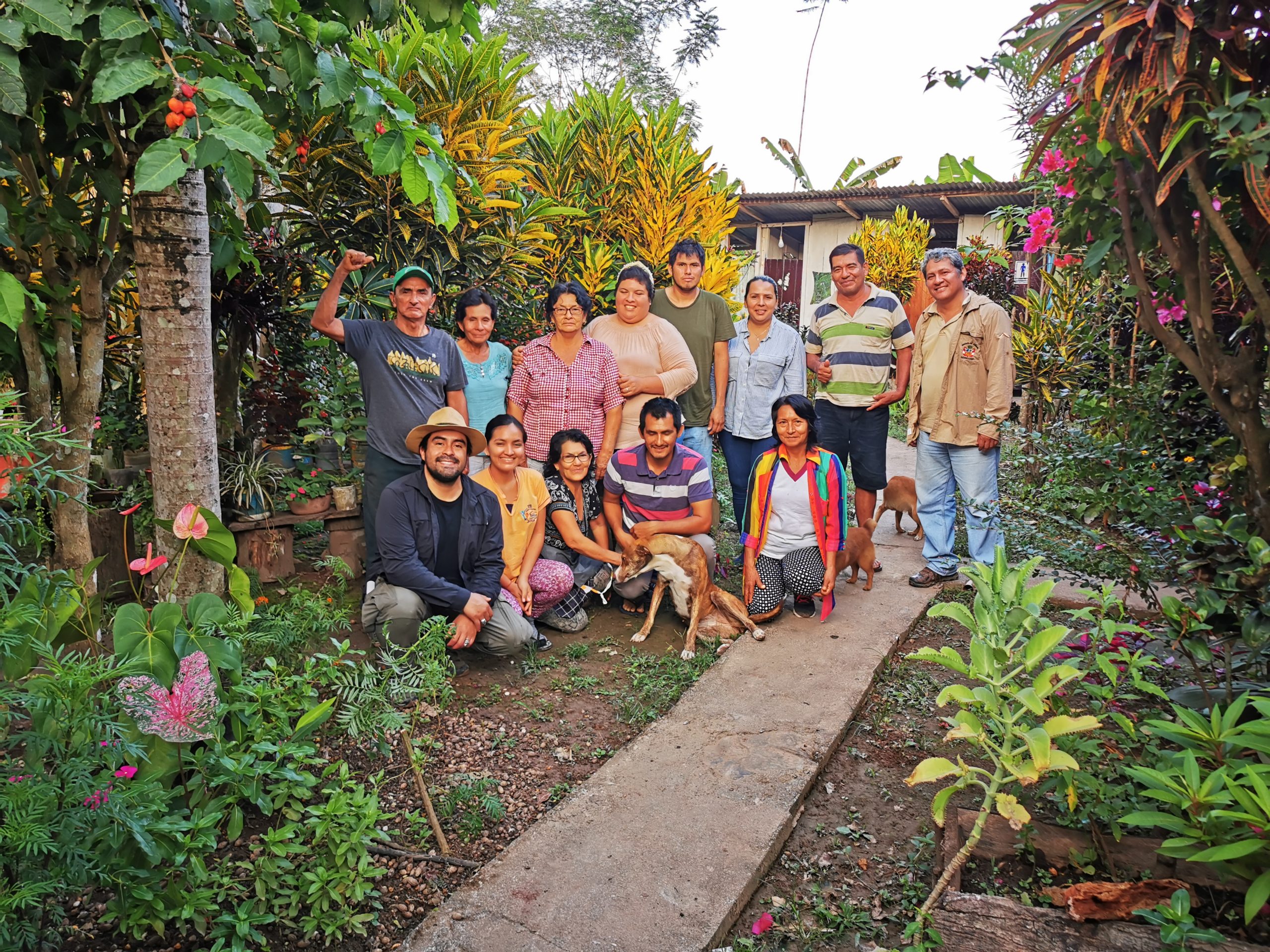
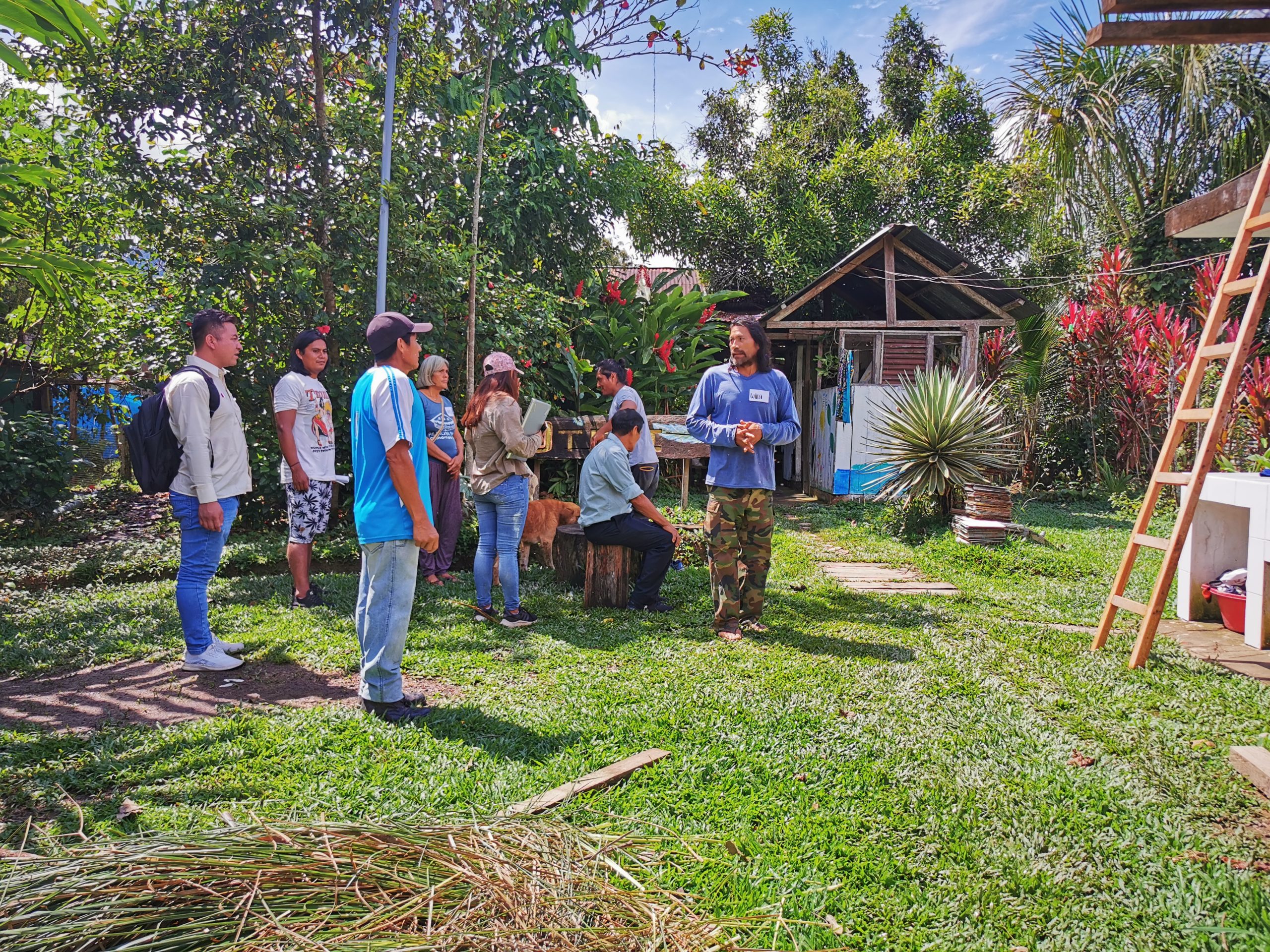
Amarakaeri
Communal Reserve
The Amarakaeri Communal Reserve is situated in Manú Province in the Peruvian Amazon. Its large area of 402,336 hectares includes a great diversity of ecosystems, habitats, natural, and cultural values representative of the Amazon biome. Amarakaeri is home to Harakmbut, Yine, and Machiguenka Indigenous people among other local communities.
Sustainable tourism development here has been low-key but offers a vital income source to the communities in Amarakaeri and along the value chain in the region. Although visitation in 2019 reached 500 per year, there had been a steady increase, and expectations for the tourism sector were high. Nevertheless, with the pandemic’s arrival, the Amarakaeri closed off the community and currently rely on subsistence, savings and limited relief efforts to survive the pandemic episode.
To mitigate this, we will implement the training and development needed to activate the communities’ vision for sustainable tourism in the protected areas; particularly, through community-based tourism initiatives.

Our team in the field has met with community members to discuss the project, and conducted surveys to better understand how COVID-19 has impacted the communities’ livelihoods, their current tourism initiatives and their perception of implementing sustainable tourist products in post-pandemic scenarios and most importantly, they have learned about the communities’ vision for their families and how nature-based tourism can play a key role in accomplishing those goals.
By doing this, we can ensure that the project activities are adapted to community needs and create a more positive impact over time.
Our work in Vietnam
In Vietnam, Planeterra is working in Cuc Phuong National Park and Van Long Nature Reserve.
Cuc Phuong
National Park
Cuc Phuong is Vietnam’s first national park, it was established in 1962. Located 120 km southwest of Hanoi and nestled between the provinces of Ninh Binh, Hoa Binh and Thanh Hoa, Cuc Phuong showcases an engaging cultural and wildlife heritage with enchanting scenery.
Due to its dense forest, this landscape forms the habitat for some of Asia’s rarest animal and plant species, like the Delacour’s Langur (Trachipythecus delacouri), Clouded Leopard (Neofelis nebulosa) and Vietorchis aurea Aver orchid.
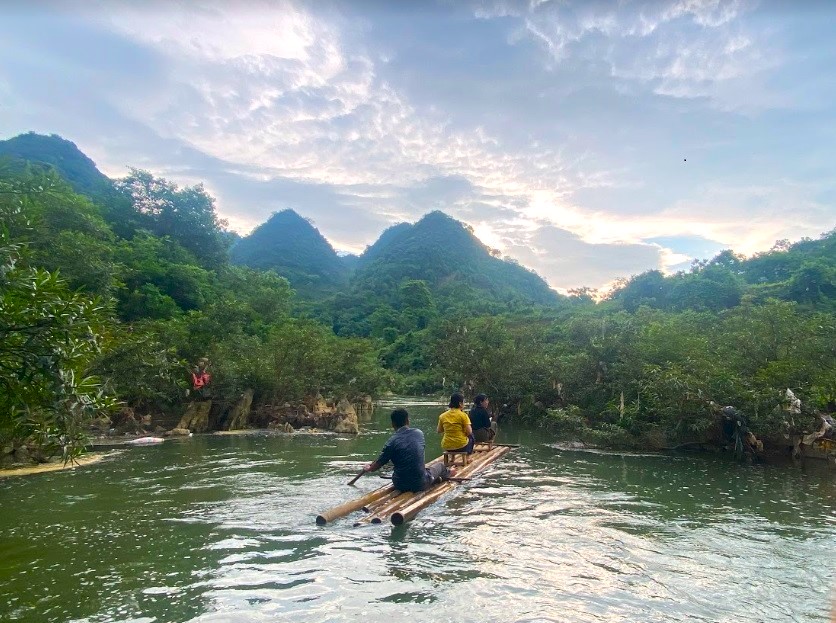
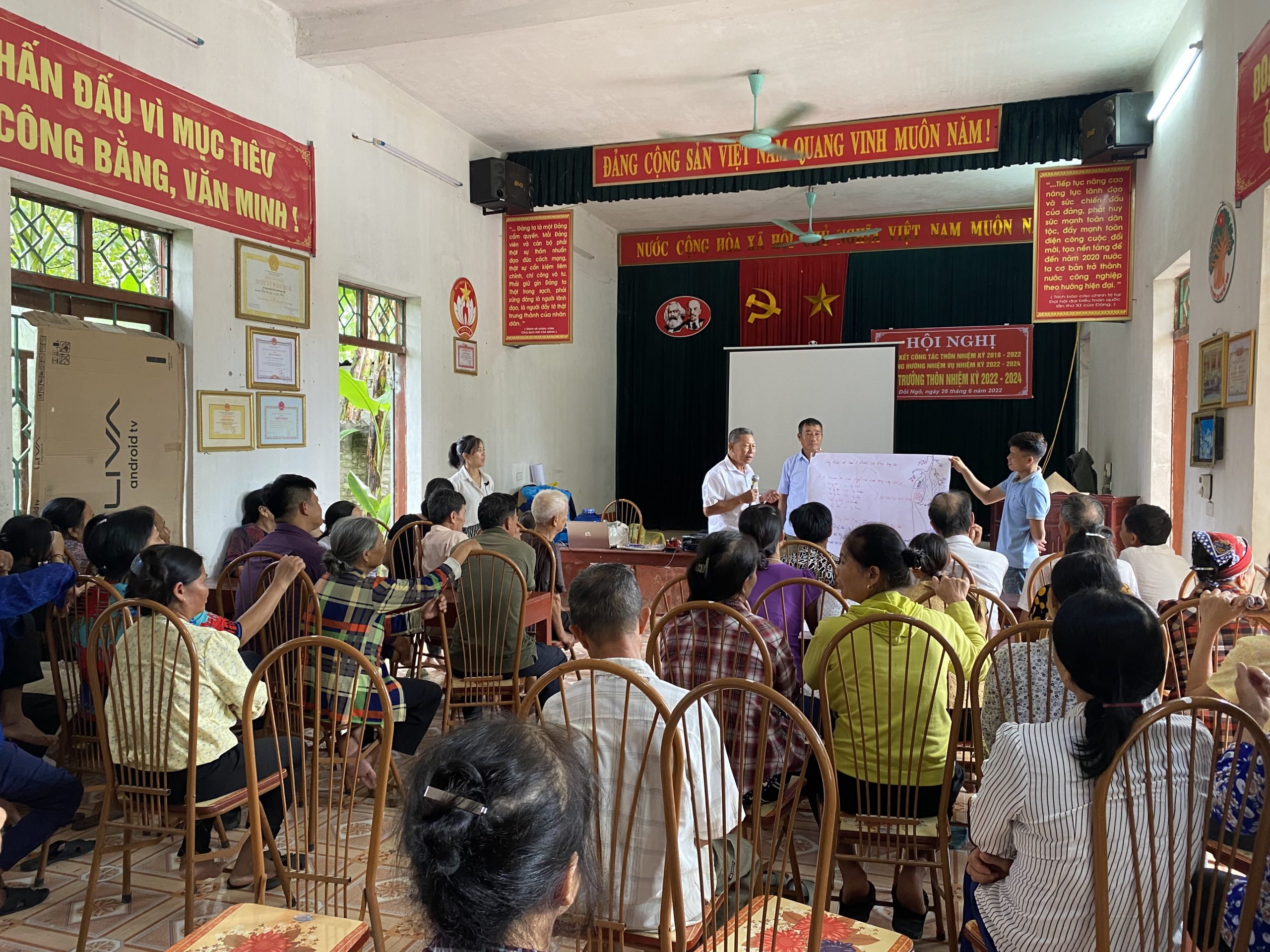
Van Long Nature Reserve
The Van Long Nature Reserve was established in 2001 mainly to protect a Ramsar wetland and rare endemic primate species. Both sites are part of a bordering Ninh Binh province tourism itinerary that includes overnight stays and wildlife viewing, trekking and boat rides.
As a result of the COVID-19 pandemic, international tourism has completely stalled, while disruptions to domestic visitation have also impacted income streams, especially for local tour operators, in particular women.
Another issue is that given the lack of sufficient and appropriate capacity or tools, many tourism activities in the parks in Vietnam are being carried out in an unsustainable manner and some negative impacts have been detected on biodiversity as a direct result of tourism.
In recognition of this, Vietnam has committed sites to implement the IUCN Green List standard, nonetheless, COVID-19 has negatively impacted progress. Planeterra is working to involve communities in the process to ensure tourism benefits both the environment and the local people.

To better understand their situation, our team in the field first conducted a baseline survey and learned that community members have a high interest to participate in tourism, but very limited exposure and access to the market. The survey results also provided a thorough understanding of how COVID-19 has impacted the communities’ livelihoods, their current tourism initiatives and their interest in engaging in community-based tourism.
The project activities will be adapted to guarantee that the interests of local communities are at the center of our work.
The implementing team
Planeterra has grown to have team members join in the countries of focus, Peru and Vietnam, to lead this impactful project! This team works exclusively on the ‘Sustainable Tourism and Protected Areas in a Post-COVID World’ project, building on – and informing – international best practices.
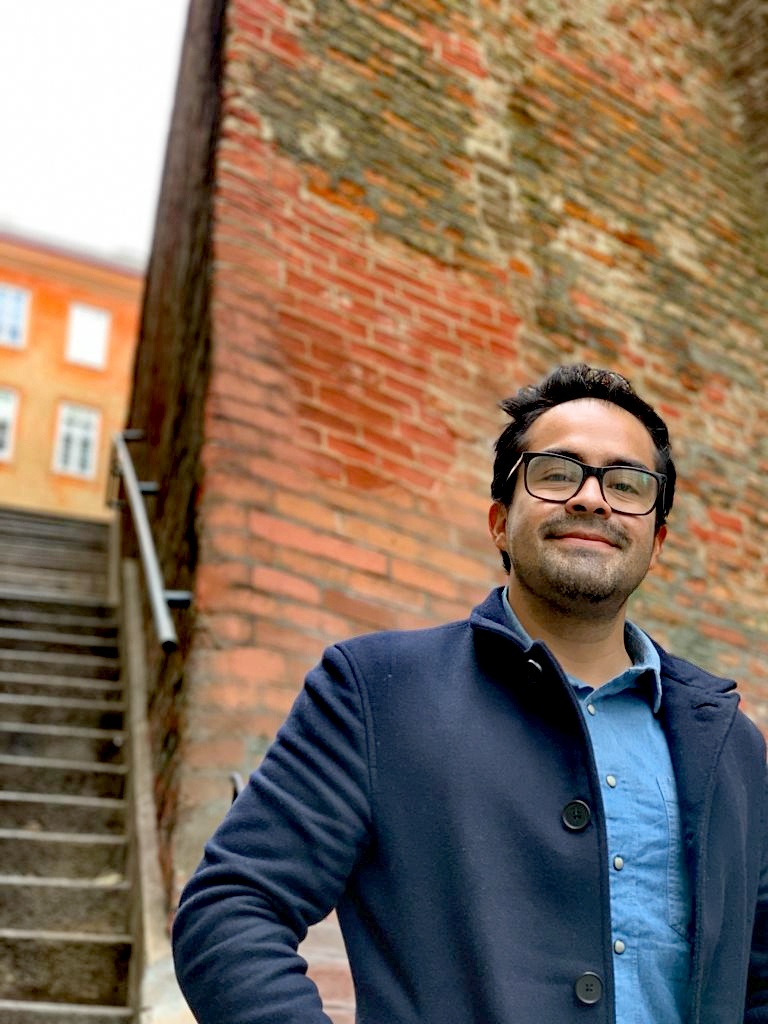
RICHARD BAZÁN
Community Tourism Project Manager – Peru
Richard is a specialist in tourism management, development and marketing of tourist destinations and products. He has a master’s degree in Public Management and postgraduate studies in Marketing and Communication of Tourist Destinations of the Open University of Catalunia – Spain as a fellow of the Themis Foundation of the World Tourism Organization – UNWTO. Has a degree in Tourism Administration, graduated with honors for academic achievement and certified with ECPE – Michigan University.
With 10 years of experience in the public, private and non-governmental sectors, in the design and implementation of models, strategies, methodologies and tools for the sustainable development of community-based tourism products. Also with experience in the development and commercialization of tourist offers based on culture, nature and adventure; in the commercial articulation of tourist products and destinations; in managing digital marketing strategies and online positioning and in managing international projects with an impact on innovation and sustainability in tourism. With experience in the institutional management of educational services with a focus on excellence; and, in the design of recreational adventure tourist routes. He started as a university professor at age 23, teaching at Sonora State University (Mexico), the Southern Scientific University, the National University of San Marcos and the San Martín de Porres University and as a lecturer in more than 50 national and international academic events.
PHUONG TRAN
Community Tourism Project Manager, Vietnam
Phuong leads Planeterra’s work in Vietnam related to a GIZ-funded tourism project, ensuring the project’s goals are successfully delivered and communities in protected areas can begin to restore benefits from tourism after the devastating impacts of COVID-19.
With an educational background in political economics and linguistics, Phuong has cultivated her passion to work with communities since the early days of her career when she worked in a remote mountainous area of Vietnam for an international NGO. Later on, despite moving to the for-profit sector but with a purpose, her passion grew even stronger. Her work spectrum focuses on sustainability and sustainable development, of which community development is an integral part. Over the years, she has sharpened her expertise in the facilitation of public–private partnerships, social impact assessment (framework establishment and M&E), market research & analysis, community engagement, and sustainable private-sector development.
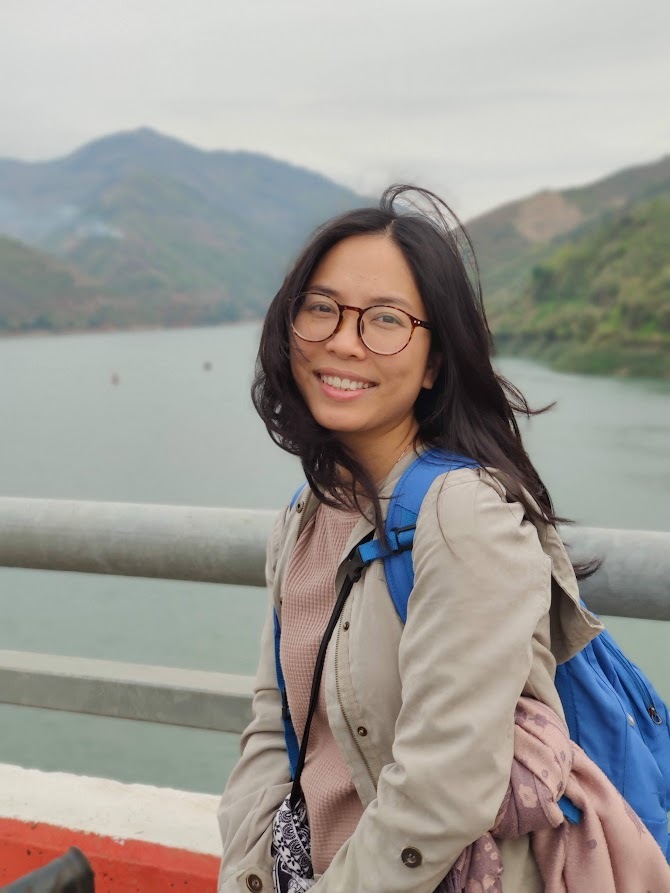
The expected outcomes
Some of the expected outcomes of the ‘Sustainable Tourism and Protected Areas in a Post-COVID World’ projects are:
- To improve the conditions, infrastructure, capacity and knowledge in the Protected Areas to implement sustainable tourism in the Post-COVID-19 era.
- The empowerment of community members through participation in decision-making and the development of tourism operations.
- To increase tourism-related jobs so that communities have an alternative source of income and do not feel the need to resort to harmful activities such as poaching.
- To provide a clear set of recommendations to promote similar project interventions in other Protected Areas around the world.
- To generate a better understanding of what are the communities’ challenges and identify opportunities during and after the project.
- To ensure that tour operators can respond adaptively to trends and events that may affect their operations and maintain high-quality tourism products and itineraries.



